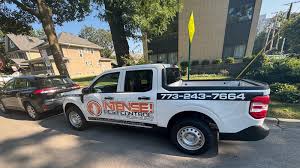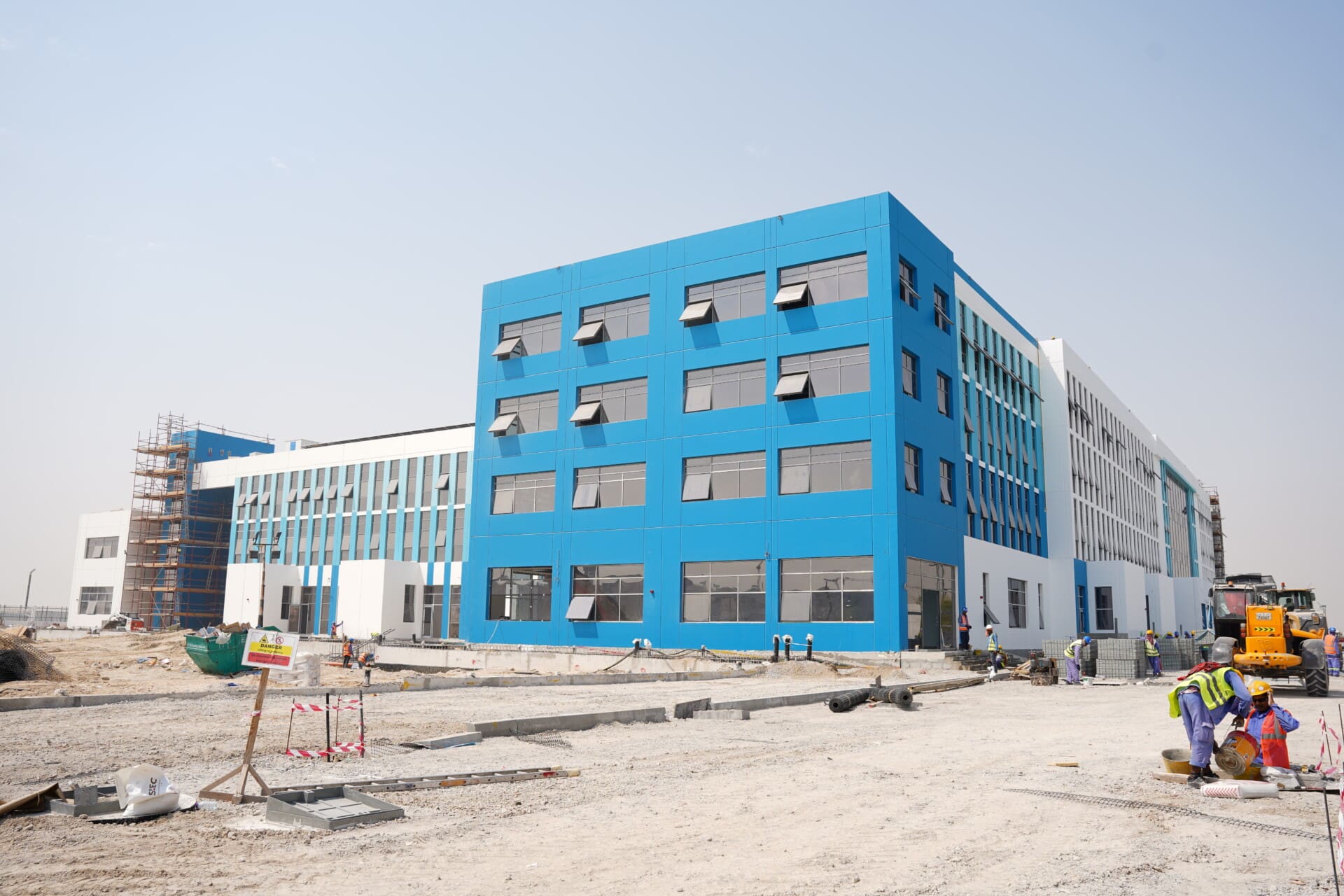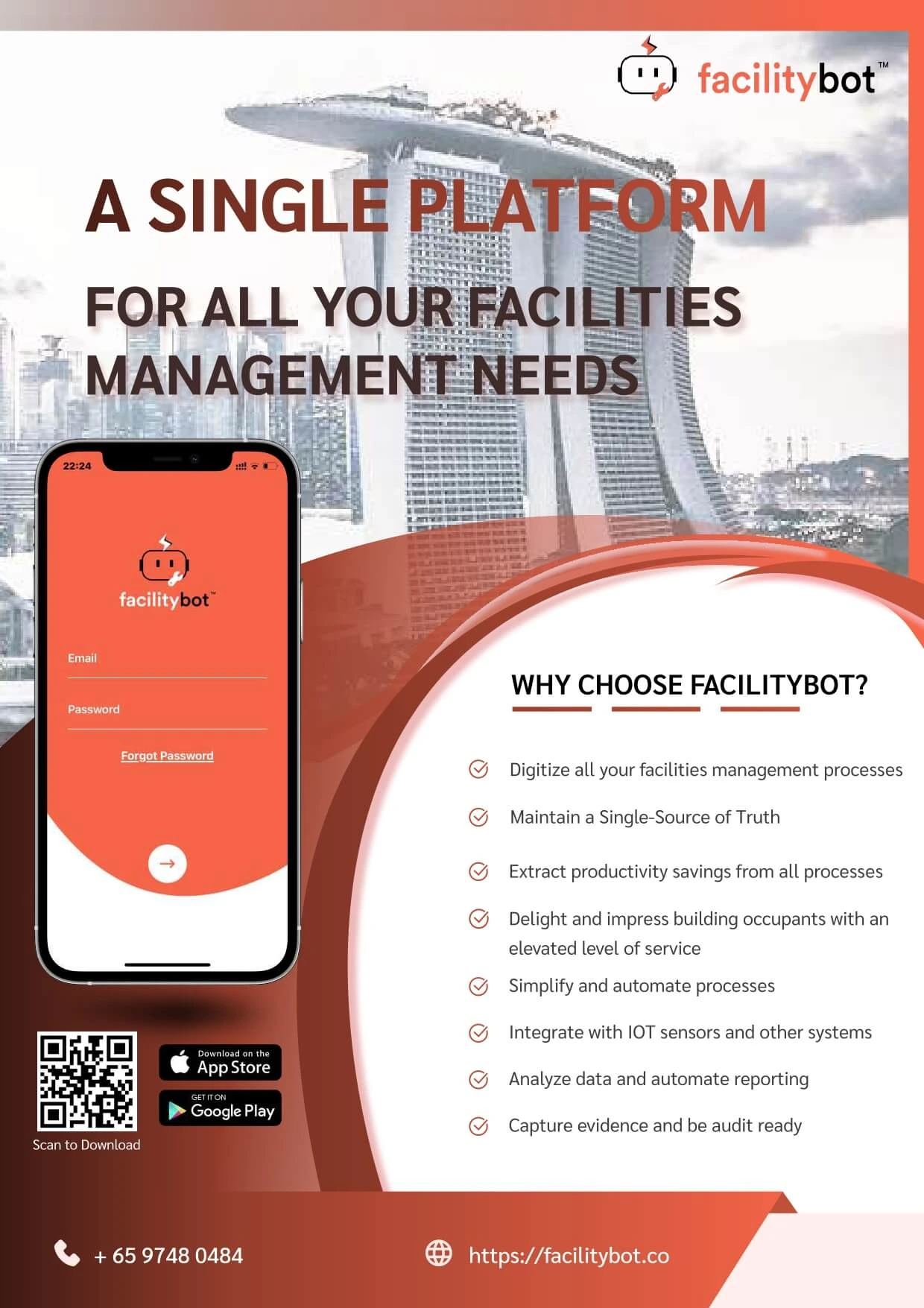Managing facilities efficiently requires more than just regular maintenance and resource allocation. Today’s organizations are adopting smarter digital solutions to streamline operations, improve communication, and enhance asset management. One of the most impactful tools in this regard is CRM in facility management.
CRM, or Customer Relationship Management, has long been used to track and manage interactions with customers. In facility management, however, CRM software serves a broader purpose—it becomes an interactive system for organizing, monitoring, and improving all aspects of facility operations. From work scheduling and asset management to work order tracking, CRM facility management software allows businesses to run their facilities more efficiently.
Understanding CRM Facility Management
CRM facility management refers to software designed specifically to help businesses manage their facilities more systematically. It’s an integrated solution with different modules that cater to various aspects of facility operations. Typically, CRM systems are customizable, enabling organizations to adapt the platform to meet their specific operational needs.
Because it’s a computerized, interactive system, a CRM for facility management makes it easy to access data, share information, and manage resources. Many CRM solutions are designed to integrate with other enterprise applications, providing a unified platform for managing tasks, assets, and maintenance schedules.
Core Components of CRM in Facility Management
1. Work Scheduling
A major function of CRM facility management software is scheduling and coordinating tasks for maintenance teams. By assigning tasks based on individual skills and availability, it ensures that the right person handles the right job.
Key benefits of work scheduling include:
- Centralized task management
- Real-time visibility of scheduled activities
- Reminders and notifications to reduce missed tasks
- Clear tracking of completed and upcoming projects
Efficient scheduling optimizes the team’s time and enhances the overall productivity of facility operations.
2. Asset Management
CRM facility management also offers robust asset management capabilities. Businesses can track all their assets—from equipment and tools to supplies used in daily operations.
With CRM-powered asset management, facility managers can:
- Record information on purchased, sold, and disposed assets
- Monitor depreciation costs and lifecycle stages
- Maintain detailed manuals and maintenance history
- Ensure optimal usage and timely replacement of assets
By maintaining an accurate inventory of assets, organizations can reduce unnecessary expenses and extend the lifespan of their resources.
3. Work Order Tracking
Work order tracking is another essential module in CRM facility management. It enables managers to create, assign, and monitor work orders efficiently. Each work order can include details like job type, assigned personnel, deadlines, and status updates.
The system ensures that employees receive notifications about pending tasks, minimizing confusion and delays. Workers always know what needs to be done next, which fosters accountability and faster resolution of maintenance issues.
Benefits of CRM in Facility Management
Improved Organization
CRM facility management centralizes all facility-related data, making it easily accessible. Managers no longer have to deal with scattered spreadsheets or missed emails, as all critical information is stored in one platform.
Enhanced Communication
By streamlining communication between teams, contractors, and service providers, CRM software reduces misunderstandings and improves task coordination.
Increased Efficiency
Automating repetitive administrative tasks allows facility managers to focus on more strategic responsibilities. This results in better use of time and resources.
Data-Driven Decisions
With access to real-time data and analytics, managers can make informed decisions about maintenance schedules, asset replacement, and budget allocation.
Scalability and Customization
Modern CRM facility management solutions can be tailored to meet the unique requirements of different organizations, whether they manage a single office building or a portfolio of properties.
Why CRM Matters in Modern Facility Management
Facilities today are more complex than ever, encompassing multiple systems, assets, and teams. Without a structured approach, inefficiencies, missed maintenance, and communication breakdowns can quickly arise. CRM facility management provides the structure and visibility needed to keep operations running smoothly.
By integrating work scheduling, asset tracking, and work order management, CRM software acts as the central nervous system of facility operations. It not only improves day-to-day management but also enables long-term strategic planning, helping organizations lower costs and improve the overall workplace experience.
FacilityBot: Taking Facility Management to the Next Level
While CRM systems enhance organization and communication, pairing them with advanced tools can further transform facility operations. FacilityBot, a powerful facility management software, simplifies maintenance tracking, asset management, and operations oversight. Its intelligent fault reporting software allows staff and occupants to log maintenance issues instantly via messaging apps, ensuring fast resolution and minimal downtime. FacilityBot enables organizations to reduce operational costs, improve efficiency, and gain complete visibility into their facilities—all from a single, easy-to-use platform.



